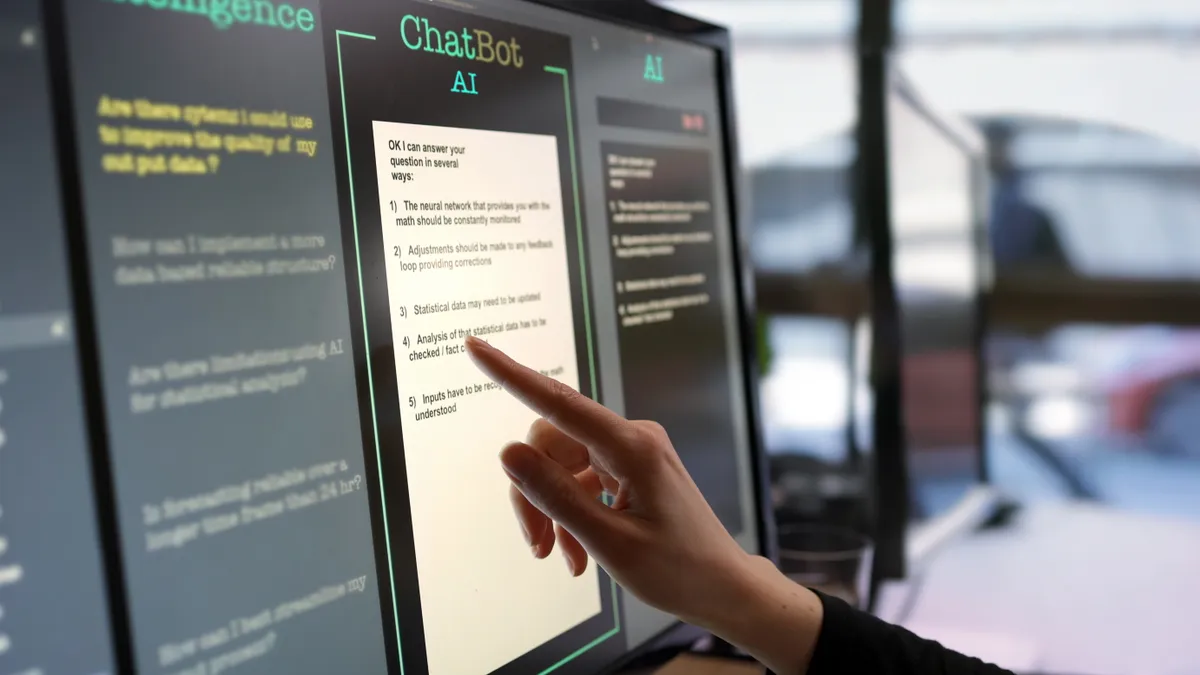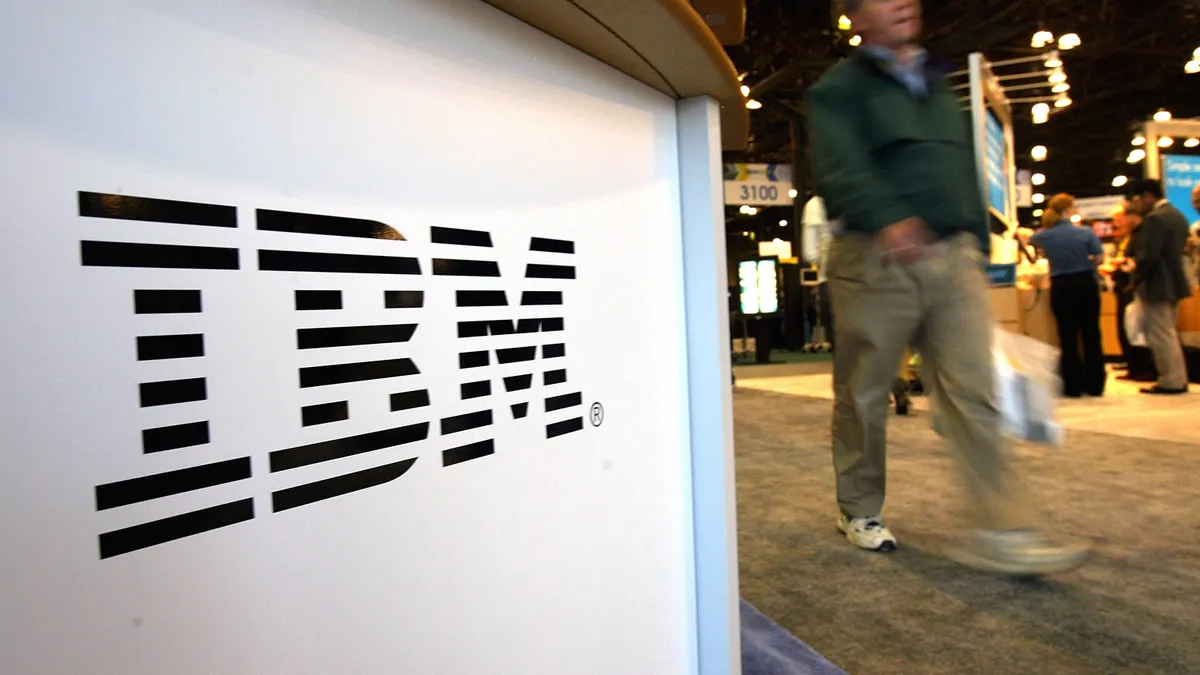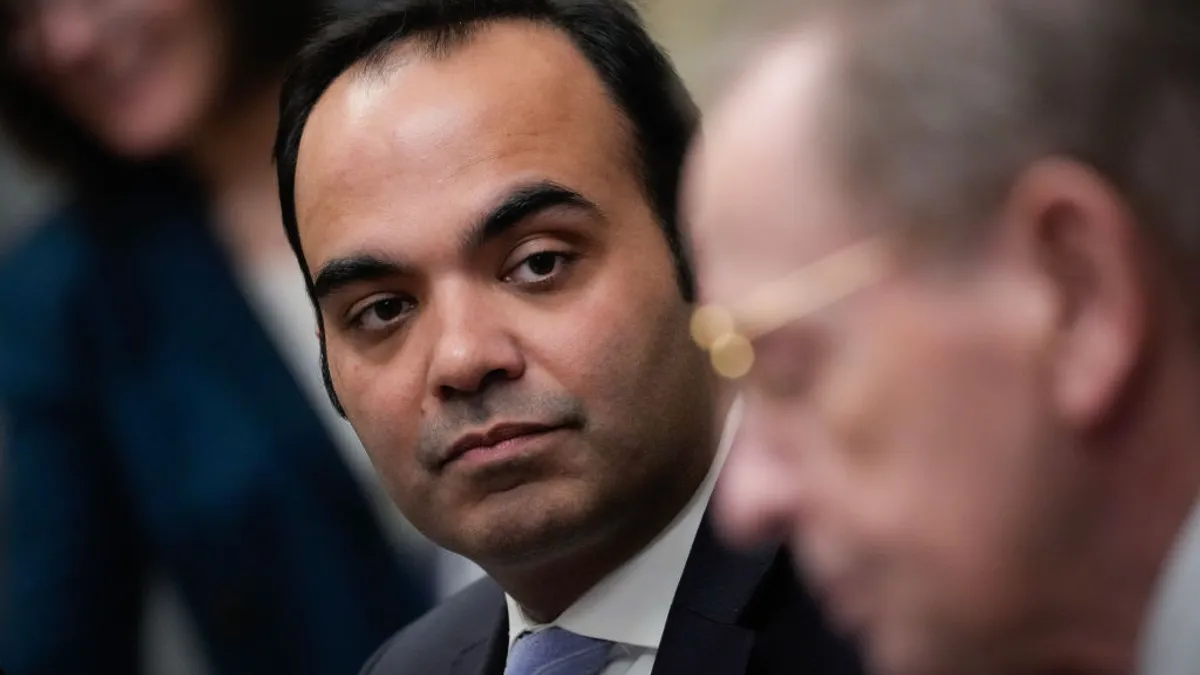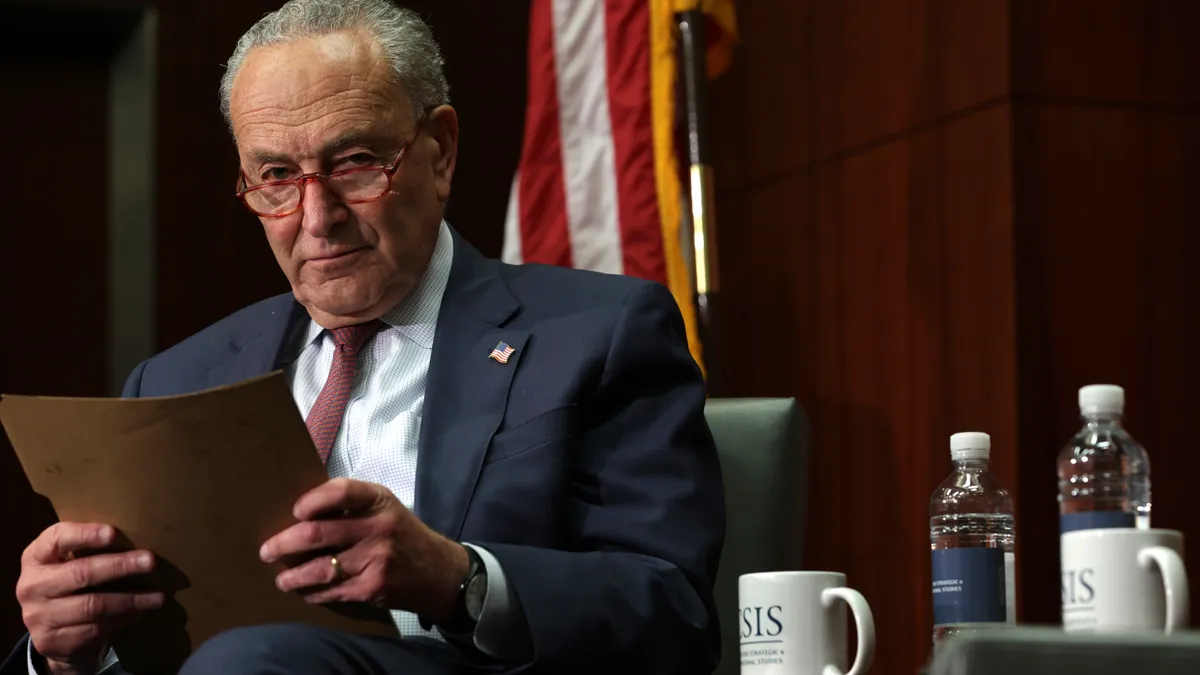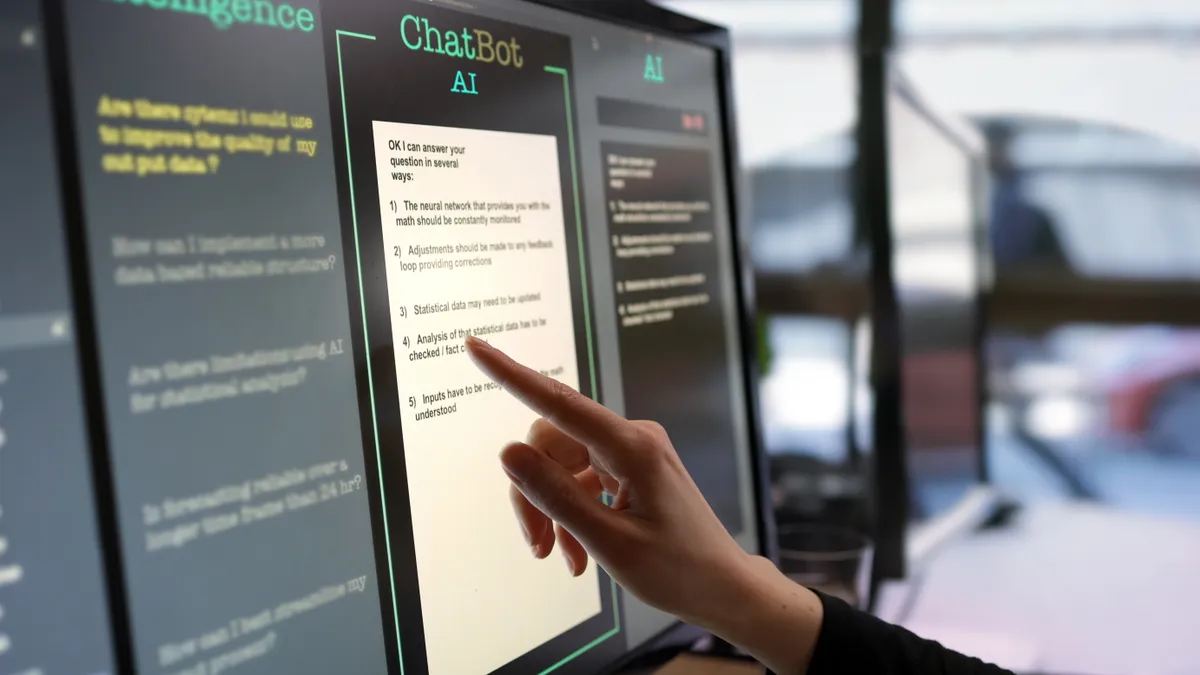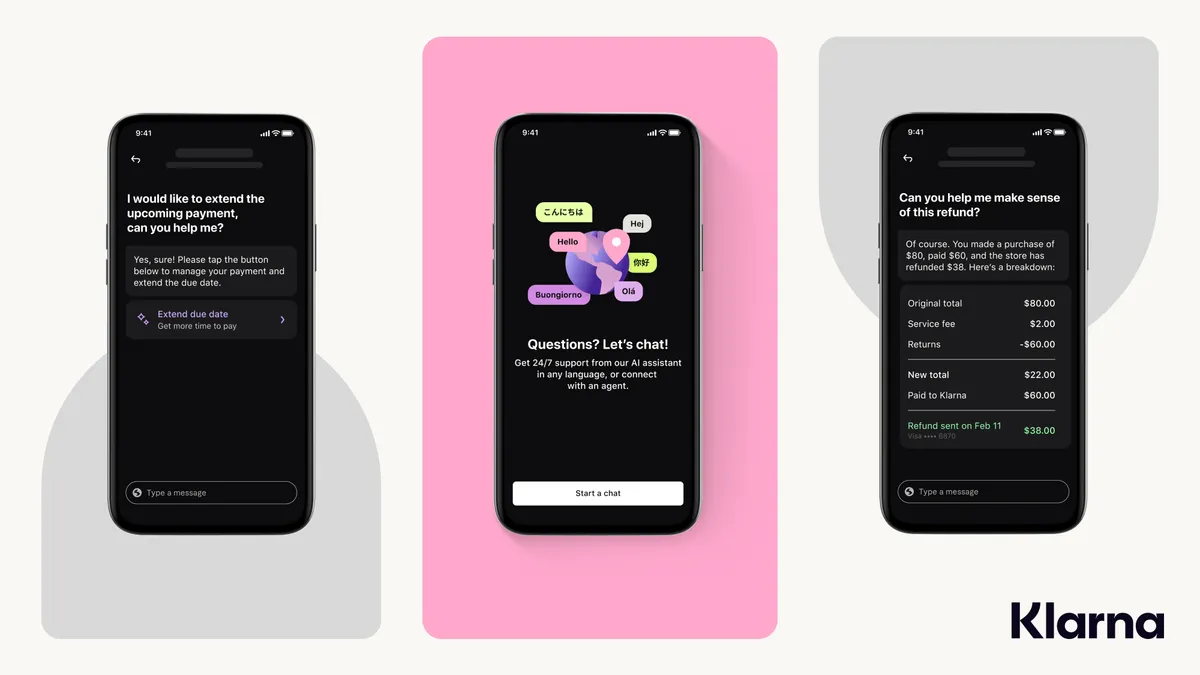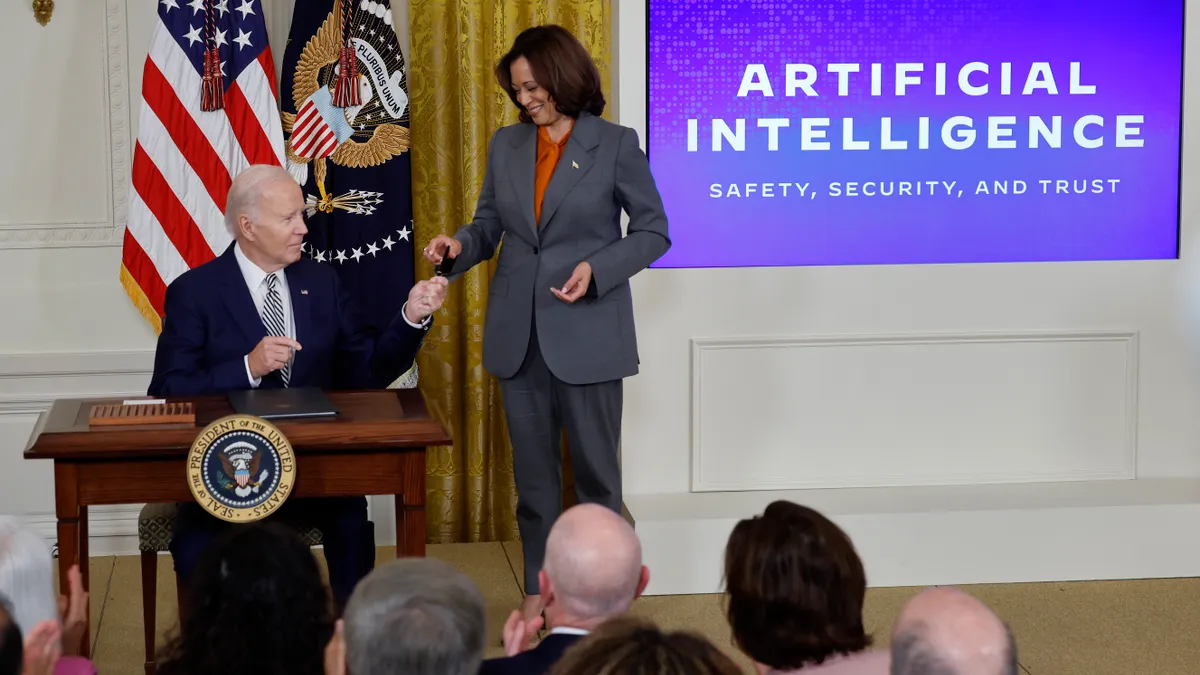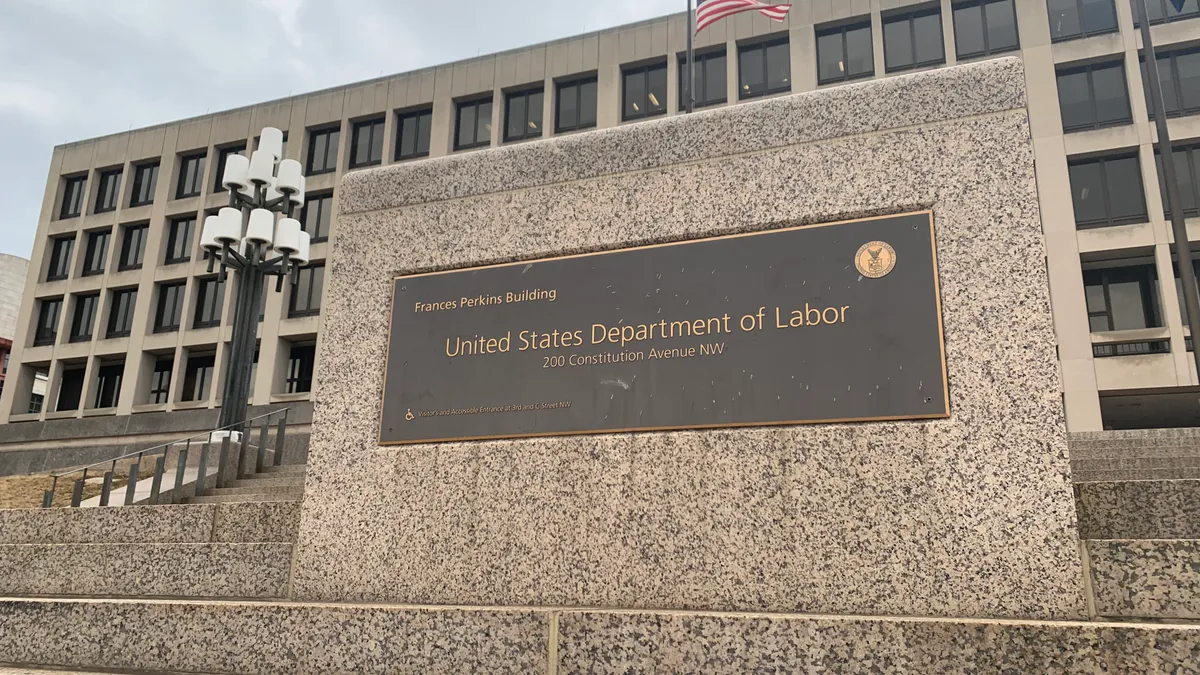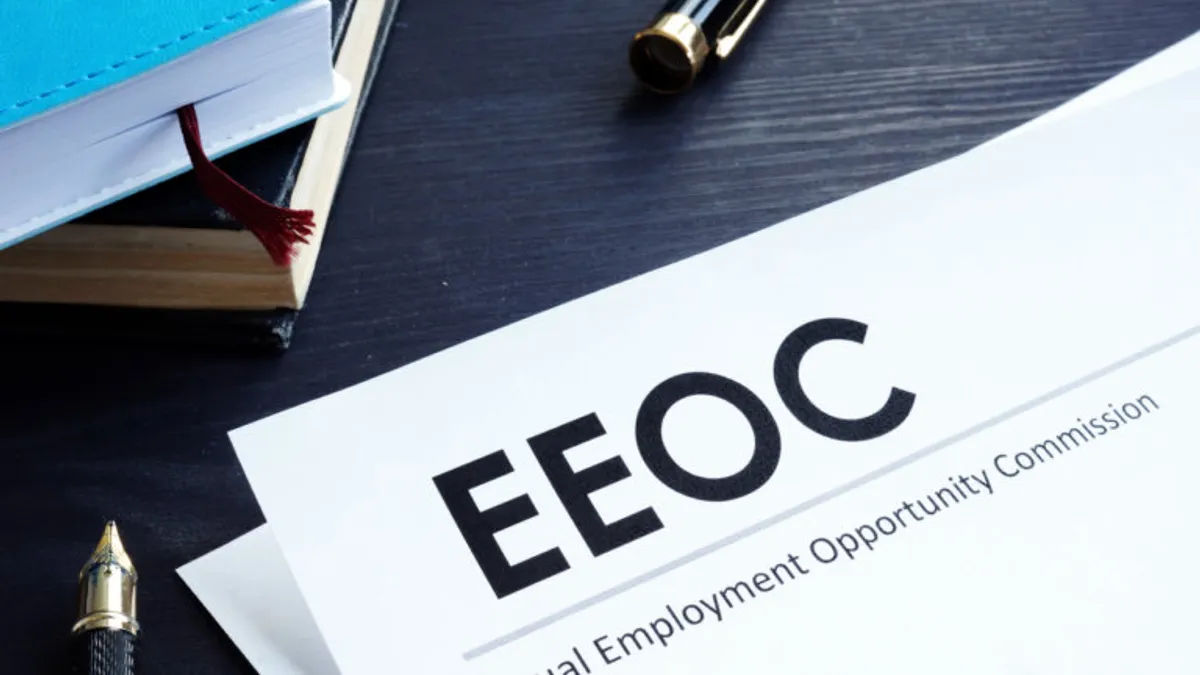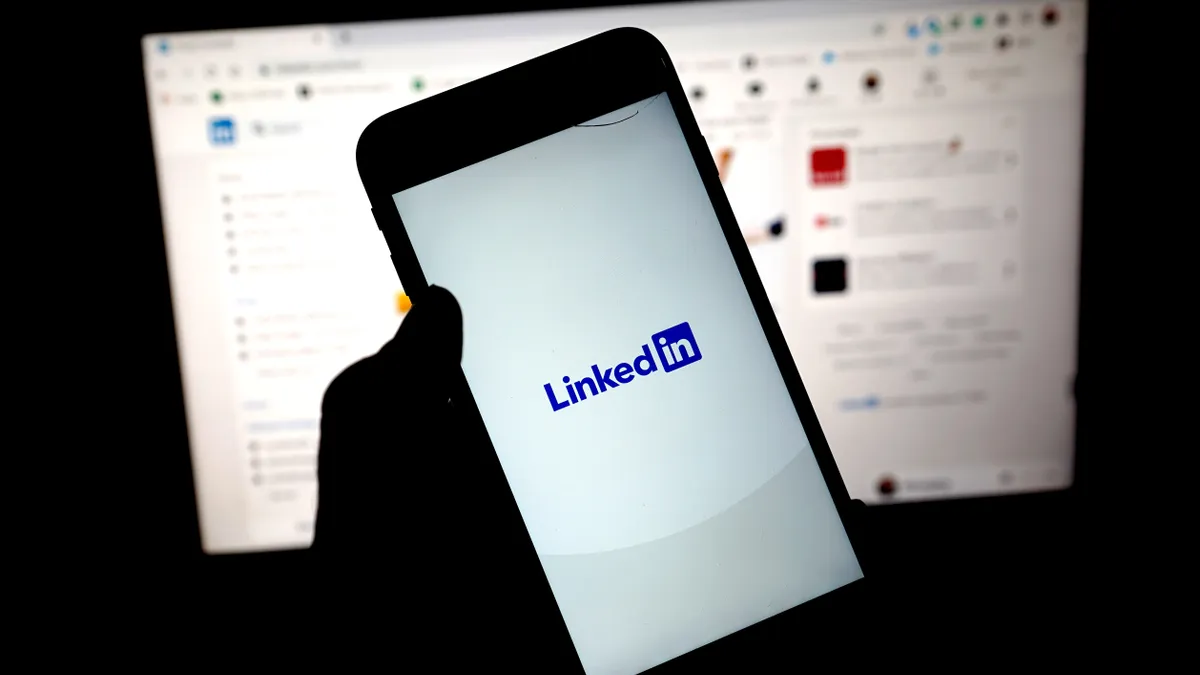As companies introduce AI in the workplace, many leaders say they’re shifting their organizational structure, developing a change management strategy and implementing employee communication plans, according to an April 3 report from Pearl Meyer, an executive compensation and leadership consultancy.
In particular, 30% have added AI as an additional area of responsibility to an existing executive role, and 9% have either promoted an executive from within or made an external hire. On the other hand, 32% are taking a decentralized approach to AI oversight and expect AI efforts to be led by various leaders across multiple functions.
“We see companies are clearly at different stages of AI evaluation. However, the data show many are actively making leadership decisions and talking with employees about the impact of AI on the company and the workforce,” Susan Sandlund, managing director and leadership practice lead at Pearl Meyer, said in a statement.
“A good number have already begun to develop their change management strategies — and even more are planning to,” Sandlund said. “This is certainly a good finding, but given the transformative potential of AI, a change management plan is critical and should be the first priority. Done correctly, it can help avoid missteps and it might alter how you later think about leaders and what you say to your employees.”
The survey of 142 respondents — consisting of board directors, C-suite members and HR executives — found that 60% said they have or plan to develop a change management strategy, and 40% have made significant AI investments (hiring, consulting, software licensing) in this year’s budget or expect to during the next fiscal year. Nearly 20% said they’re thinking about executive compensation incentives.
In addition, nearly one-third of respondents said they’re talking with their workforce about AI in general terms, while 24% are sharing thoughts about how AI might affect the company’s strategy and goals. Only 10% are specifically addressing how AI may change the workforce plan or individual jobs.
On the other hand, 22% said they’re not currently evaluating AI, and 26% said they’re not talking about AI with their workforce. Beyond that, 25% said they don’t believe AI adoption will require a change management strategy.
Although not every company will need to hire an AI executive at the C-suite level, chief AI officer roles are becoming more common, according to a recent LinkedIn report. The role is often aimed at helping an organization align its AI strategy and goals based on existing roles and business needs, a staffing expert previously told HR Dive. This can include aspects of AI-related governance, privacy, risks, transparency and training.
So far, most companies don’t appear to provide guidance around when, where or how to use AI tools in the workplace, according to a Gallagher report. While adopting AI, organizations should focus on the basics, provide training opportunities and create feedback mechanisms to measure ROI, the report said.
About 40% of HR pros have AI workflows on their agenda in 2024, with the goal of redesigning work to incorporate AI and automation, according to a Mercer report. The firm also found that C-suites which are successfully embracing AI said they’re prioritizing human-centric productivity, fostering trust, ensuring equitable work practices and leaning into a “digitally-infused future.”


